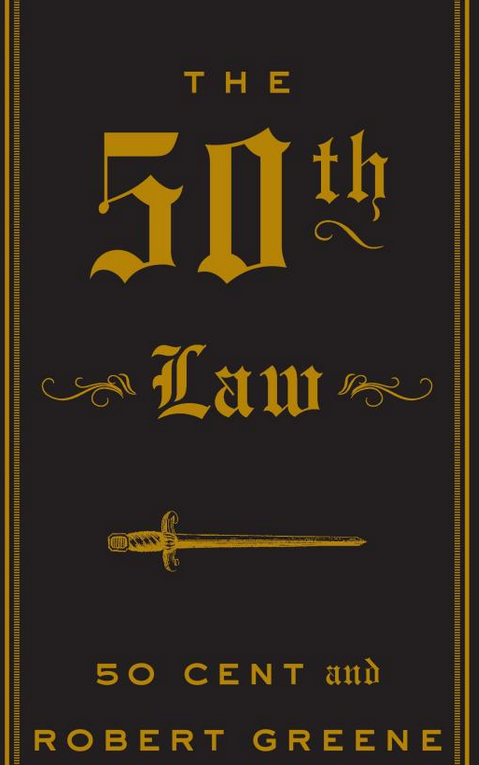Last Friday I was able to attend a talk by Seth Godin about his new book, Linchpin. The book (and this post) isn’t directly related to comedy, but the talk was amazing and I feel the need to share my notes on it. I’ve added my two cents of commentary about most of the quotes, and since I’m obsessed with comedy most of my thoughts are about how to apply Seth’s ideas to comedy.
Regardless of what you do, you should be reading Seth’s blog. And check out two of his video presentations here and here.
Some of the “quotes” below aren’t exact, but they’re the general idea of what Seth said.
“I write because I have to, not because I want to.”
My two cents: I love this statement. I’ve been reading George Carlin’s biography, and he mentions a similar process where he reads and reads about a given topic for a while, then when he can’t take it anymore he writes what he has to say.
“A genius solves a problem in a way no one has solved it before”
My two cents: Every time you write a joke, you’ve solved the problem of how to make someone laugh in a way that it hasn’t been solved before (assuming they laughed).
“Corporations are factories and no longer working. The old model was factories are more important than the people in them. This is no longer true.”
My two cents: Being unique is good. Comedy is about having your own perspective.
“First factories made interchangeable parts, then they started making interchangeable people. Modern society trained people to work in factories and trained people to buy stuff (obedience). School is a type of factory.”
My two cents: When I heard this I was really happy that someone way smarter than me was giving me further justification for dropping out of a “top school.”
“Art = changing and moving people, not just entertainment”
My two cents: My comedy is not at this level yet, but it’s where I want to take it. Right now I’m working on mastering the process of how to make an audience laugh. The next step is mastering how to change and move people through laughter.
“The first guy who puts in a urinal into a museum installation is an artist, the second is a plumber”
My two cents: Be original.
“All value accrues to people who decide what to do next.”
My two cents: The audience doesn’t decide what to say next, you do. That’s why you’re getting paid and they’re not.
”Don’t engage in any activity where the upper limit is already known. This is why there are no famous bowlers. You can’t do better than a 300.”
My two cents: I don’t think there’s an upper limit to comedic success. Although Seinfeld has set a pretty high bar.
“The means of production (computers) are now owned by the workers.”
My two cents: Get up off your butt and do something. There’s no excuses left for not taking life by the horns. You don’t need a manager or promoter anymore, you can do it yourself with a cheap laptop.
There’s a difference between learning and getting an A. You should give yourself a D. Then learn it for yourself. Same mindset as, “I’m gonna pant something and everyone will hate it.”
My two cents: Would you do this joke even if nobody laughs? If so, it’s probably a good joke.
“Kulag’s law states that the most important people in an organization are the lowest in the hierarchy. Your company interacts with the street level team.”
My two cents: Even when you become a well known comedian, your manager or agent won’t build your following nearly as well as you will at every show.
“A coffee shop in London has a disloyalty card. “If you go to ten of our competitors, we’ll give you a free cup of coffee.””
My two cents: The next time I print business cards, I will put a bunch of other comics on the back of it. “If you liked my comedy, you might also enjoy watching x, y and z.”
“Abundance and sharing lead to change. Generosity undoes the factory.”
My two cents: I want to connect with my readers by providing free, useful information. Down with factories!
“Artists always take responsibility for their choices.”
My two cents: If a joke doesn’t work, it’s my fault, not the audiences.
“In cross country skiing, if you lean more forward than anyone else, you’ll win. But the more you lean forward the greater the odds you fall on your face. Do it anyway.”
My two cents: Take risks, some will pay off, some won’t. Learn from it and take more risks. (Don’t confuse this with taking a gamble.)
Avoid “Pulitzer Prize Fighting”. Having rankings or numbers brings in a whole other category of people who only want to win the prize (# of twitter followers, etc).
My two cents: I can do a better job ignoring the number of facebook friends, RSS subscribers and twitter followers and focus on making meaningful connections.
Other Quotes from the talk
(I’m out of change for these)
“If you can break a job into small enough bits, you can get it done for practically free”
“To succeed you must LEAD and SOLVE INTERESTING PROBLEMS”
On the current economy and opportunities: “Just because the tide is out doesn’t mean there’s less water in the ocean.”
“All value is created in moments when you have the most choices. So find situations with too many choices.”
Elizabeth Gilbert: “Nobody gets engineer’s block but they get artist’s block.”
“Anxiety = failure in advance”
“The place with no prize has the most opportunity.”
My friend was also in attendance (although I didn’t find out until after). Here are her thoughts.


